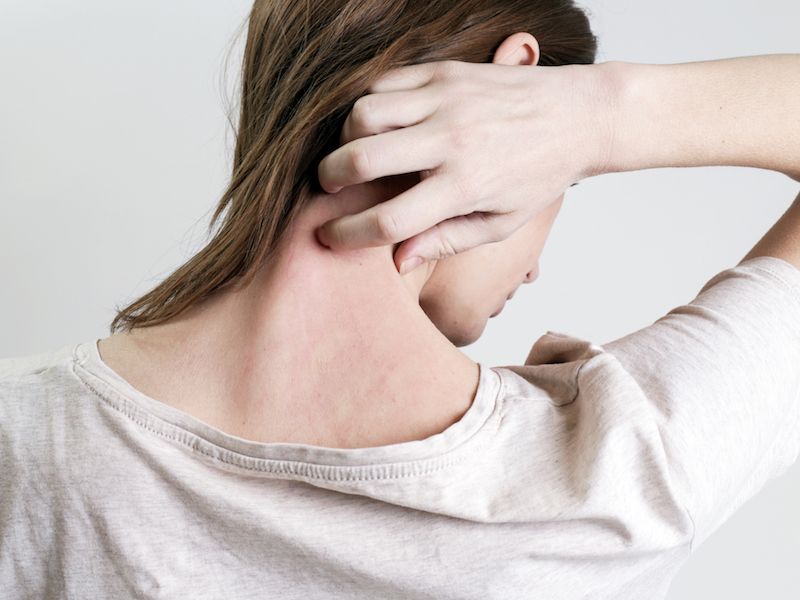
When you think of psoriasis, you likely recall all those commercials showing people with skin problems. Psoriasis impacts your overall health and not just your skin. Psoriasis is frequently misunderstood and minimized, due to a lack of knowledge of how psoriasis impacts sufferers as well as the serious conditions that can be related to this disorder. Although plaques on the skin are its most apparent indicator, they’re indicative of what psoriasis can do in the whole body: The risk of metabolic conditions that are increased by persistent inflammation and cardiovascular disease.
Psoriasis is also connected to another issue according to a different recent study: Hearing loss. Published in The Journal of Rheumatology, this study evaluated connections between psoriatic arthritis, mental health, and hearing impairment. Psoriatic arthritis is a form of psoriasis where inflammation is centered around the joints, causing discomfort, inflammation, and difficulty with movement. Affected individuals might also have psoriasis, but with psoriatic arthritis, it’s conceivable to have irritation without also experiencing the common plaques.
When someone has psoriatic arthritis, the body is essentially targeting its own healthy cells in the same way that it does with rheumatoid arthritis because they are all autoimmune illnesses. But unlike rheumatoid arthritis, you could have psoriatic arthritis on only one knee due to the fact that it’s asymmetrical, and that aside from joints, it frequently impacts sufferer’s nails (leading to painfully swollen toes and fingers) and eyes.
Based on the findings of this recent study, inflammation from psoriatic arthritis could also affect hearing. The study compared the self-reported hearing loss of people who have psoriatic arthritis, people who suffer from psoriasis but not psoriatic arthritis, and a large control group of people with neither problem. They found that the group with psoriatic arthritis was more likely to have hearing impairment, and those reports were backed by audiometric testing. Even when controlling for other risk elements, psoriatic arthritis sufferers were significantly more likely to have loss of hearing than either {psoriasis sufferers or the control group}.
But that’s not to say there’s no link between psoriasis, psoriatic arthritis and loss of hearing. A 2015 study found that there is a considerably higher danger, for people who have psoriasis, of developing sudden sensorineural loss of hearing, also known as sudden deafness. With sudden sensorineural hearing loss, people’s ability to hear diminishes significantly in three days or less. There are numerous likely causes for this, but scientists believe that sudden psoriasis flare-ups may be to blame. The hearing might be impaired if this takes place around or in the cochlea. In certain instances, treatments that alleviate psoriasis symptoms might be used to target this kind of hearing loss, but hearing aids are often recommended when sudden deafness does not respond to other treatments.
It’s important to monitor your hearing if you have psoriasis or psoriatic arthritis. Schedule regular hearing tests along with your annual health-care checkups. The inflammation due to these diseases can lead to injury of the inner ear, which can result in loss of hearing and issues with balance. Psoriasis and psoriatic arthritis are both also linked with depression and anxiety, both of which can be further aggravated by hearing loss. Other health concerns, such as dementia, can be the result if you don’t detect loss of hearing sooner than later.
With early intervention, you can stay in front of the symptoms by having your hearing examined frequently and cooperating with your doctor, knowledge is key. Neither hearing loss nor psoriasis should cause you to sacrifice your standard of living, and having the right team on your side can make a big difference.